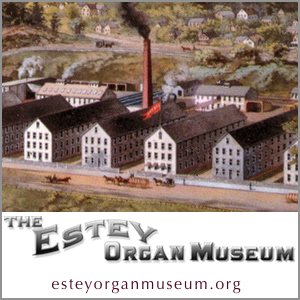150 Years Ago (1864 5/15)
Philadelphia, May 15, 1864.
Dearest Abiah,
Here I am yet. This is Sunday. Henry Ward Beecher teaches near here, but notwithstanding my anxiety to
hear him I have not done it. There has a large number of wounded arrived in the city this morning. I went to the Baltimore depot to see them, but the crowd was so great that I could not get near. I saw in the ambulances as they passed, some I knew but they were all recruits, and knew but little about the old boys. I had quite a chat with one man, a recruit, who has left Brattleboro since I came from there, wounded very severely in the ankle. I walked by the side of the ambulance. He told me that a great many Vermont boys were with along, but he had not been in the army long enough to know the men.



